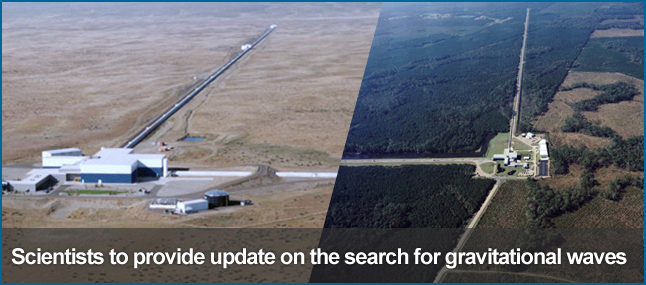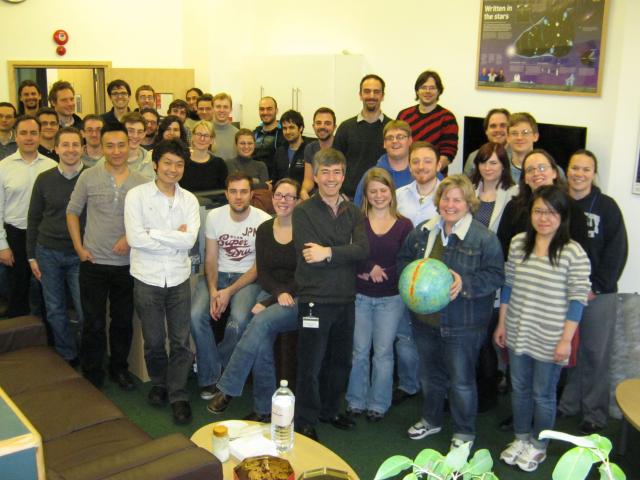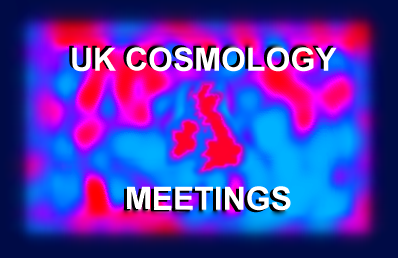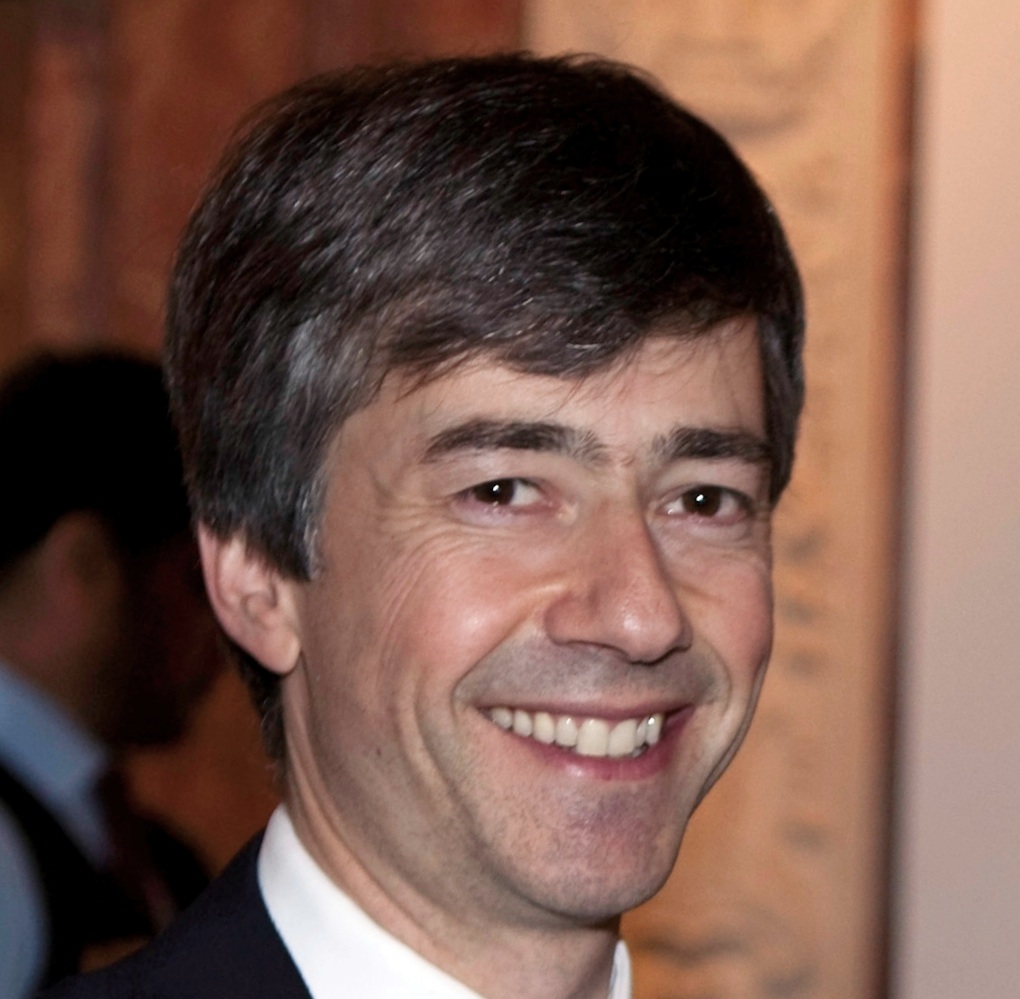
Have we seen the first direct evidence for inflation in the very, very early universe? Never mind inflation, have we seen gravitational waves on cosmic scales?
The BICEP2 experiment has presented evidence of primordial gravitational waves, revealed in the pattern of polarised radiation coming from the edge of our observable universe (the cosmic microwave background). The existence of such ripples in the cosmological fabric had been predicted as a "smoking gun" for a period of rapid, accelerated expansion ("inflation") in the very early universe.
Gravitational waves imprint a distinctive curl in the polarisation ("B-modes") which are not produced by other primordial sources, such as density waves. The surprisingly large signal seen by BICEP2 indicates that these primordial ripples were produced by cosmic inflation occurring at fantastically high energy scales, more than a million, million times larger than the energy of particles produced at the LHC in CERN.
The results are surprising because at fist glance they appear to be in tension with data from the ESA Planck satellite released a year ago. Both results quote the size of the gravitational wave signal in terms of a parameter "r". BICEP report a central value of r=0.2 while the Planck collaboration quoted an upper bound of r<0.12. There are uncertainties in both numbers coming from modelling either foregrounds or inflationary parameters. So cosmologists will wait anxiously for the Planck team to release their own polarisation data, expected by the end of this year.
In the meantime the BICEP2 team have staked their claim to be the first to have discovered direct evidence of both primordial gravitational waves and cosmic inflation.
Note added:Here is an interview I gave on the BBC News channel the same day.
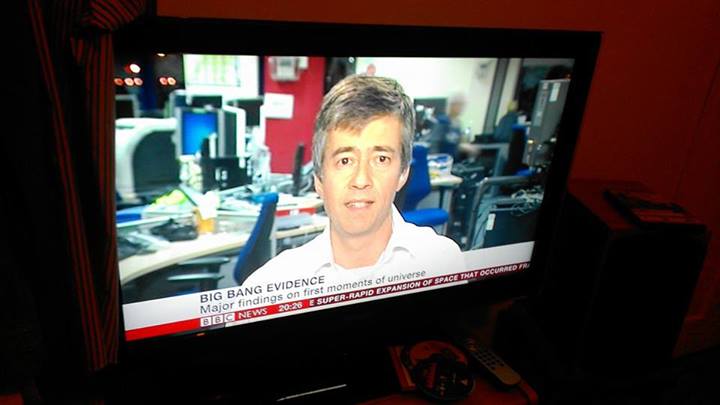
Postscript: Sad to say, but the BICEP signal seems to have been an unexpectedly large signal from dust in our Galaxy and not primordial gravitational waves. It really was too good to be true.

